In Just 3 Hours, The US Created A Coronavirus Vaccine, Giving Us Hope To End The COVID-19 Nightmare
Dhir Acharya - Feb 17, 2020
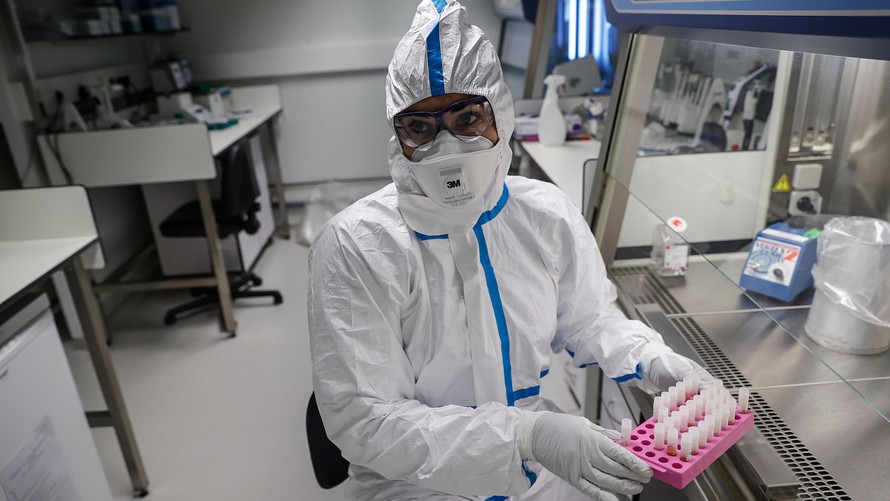
As soon as Chinese scientists released the coronavirus’ genetic sequence on Jan 9, the researchers began their work and developed a vaccine for the virus.
- These Indian Cities Are Under Lockdown Again In 2021
- Foreigners Required To Take COVID-19 Anal Swab Test When Visiting China
- Countries That Have Received COVID-19 Vaccines From India
As the coronavirus outbreak is infecting more people, taking away more lives in China and around the world, scientists in a laboratory in the US are working day and night to come up with a vaccine for the virus and bring it to the market as soon as possible. The good news is Inovio Pharmaceuticals is coming closer to releasing a vaccine against the coronavirus. Previously, Inovio Pharmaceuticals also created vaccines for Zika, MERS, and Ebola.
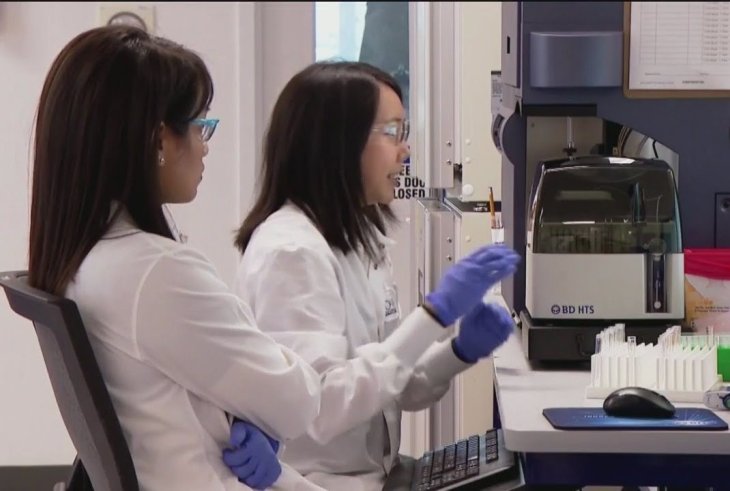
Inovio’s director of R&D, Dr. Trevor Smith, said that this is something they were trained to do, with the help of all the necessary infrastructure and the expertise. On January 9, as soon as scientists in China released the coronavirus’ genetic sequence, researchers at Inovio began their work and it took them only 3 hours to develop a vaccine for the coronavirus, which is now officially called COVID-19.
According to Dr. Smith, the research team used their own algorithm, they put the DNA sequence of the virus into the algorithm and came up with a vaccine.
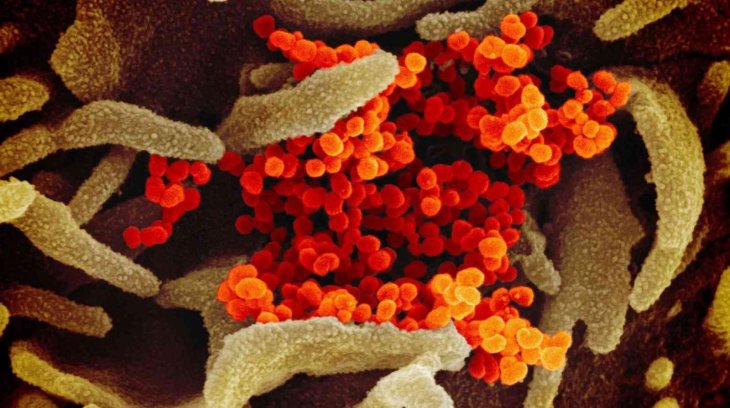
Currently, there are tens of thousands of people in quarantine in China and the country continues to suffer from the spread of the coronavirus, which is why researchers at Inovio feel the urgency to get the vaccine ready as quickly as they could.
So far, the researchers have tested the vaccine on guinea pigs and mice, and will next test it on a group of human patients. The vaccine is hoped to work like some kind of biological software, meaning it’s expected to instruct the human body to generate the proper attack using antibodies and T-cells to fight the coronavirus.
If everything goes well, they can start clinical trials on human patients as early as this summer, but they need to be approved by the FDA for that.
>>> Mathematics Might Be The Key To Control Coronavirus Outbreak
Featured Stories

Features - Jan 29, 2026
Permanently Deleting Your Instagram Account: A Complete Step-by-Step Tutorial

Features - Jul 01, 2025
What Are The Fastest Passenger Vehicles Ever Created?

Features - Jun 25, 2025
Japan Hydrogen Breakthrough: Scientists Crack the Clean Energy Code with...

ICT News - Jun 25, 2025
AI Intimidation Tactics: CEOs Turn Flawed Technology Into Employee Fear Machine

Review - Jun 25, 2025
Windows 11 Problems: Is Microsoft's "Best" OS Actually Getting Worse?

Features - Jun 22, 2025
Telegram Founder Pavel Durov Plans to Split $14 Billion Fortune Among 106 Children

ICT News - Jun 22, 2025
Neuralink Telepathy Chip Enables Quadriplegic Rob Greiner to Control Games with...

Features - Jun 21, 2025
This Over $100 Bottle Has Nothing But Fresh Air Inside

Features - Jun 18, 2025
Best Mobile VPN Apps for Gaming 2025: Complete Guide

Features - Jun 18, 2025
A Math Formula Tells Us How Long Everything Will Live
Read more

ICT News- Feb 13, 2026
Elon Musk Pivots: SpaceX Prioritizes Lunar Metropolis Over Martian Colony
While Mars enthusiasts may feel a temporary setback, the lunar focus could ultimately fortify humanity's multi-planetary future.
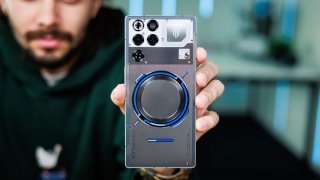
Mobile- Feb 12, 2026
What is the Most Powerful Gaming Phone Currently?
The Nubia Red Magic 11 Pro is the undisputed most powerful gaming phone right now, blending record-breaking benchmarks, unbeatable cooling, and gamer-centric design for peak performance that lasts.
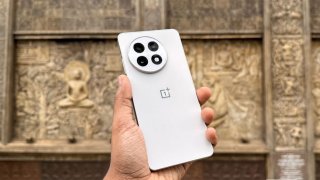
Mobile- Feb 11, 2026
Top 5 Cheap and Efficient Gaming Phones in 2026
These phones prove you don't need $1000+ for efficient gaming. The RedMagic 11 Air leads for pure power, while POCO options win on value.
Comments
Sort by Newest | Popular